Category: Brain
-
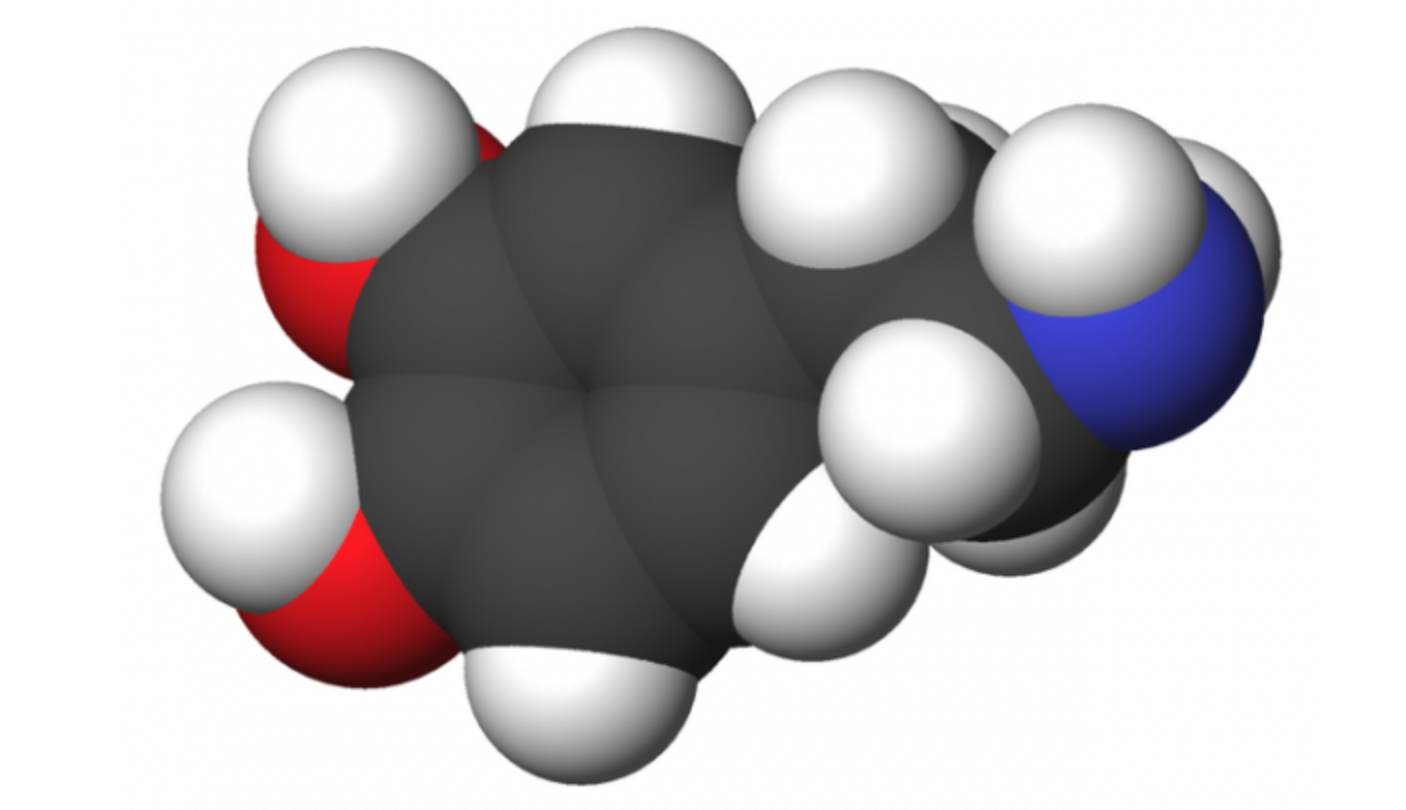
Sensor platform detects dopamine in sweat; could be used for future treatment
Penn State’s Aida Ebrahimi and Maurico Terrones, RPI’s Humberto Terrones, and colleagues, have developed a highly sensitive, non-invasive wearable Dopamine sensor platform. The goal is the use of the technology to develop wearable sensors able to track and eventually treat conditions caused by too much (ie schizophrenia) or too little (ie Parkinson’s, depression) dopamine. The…
-
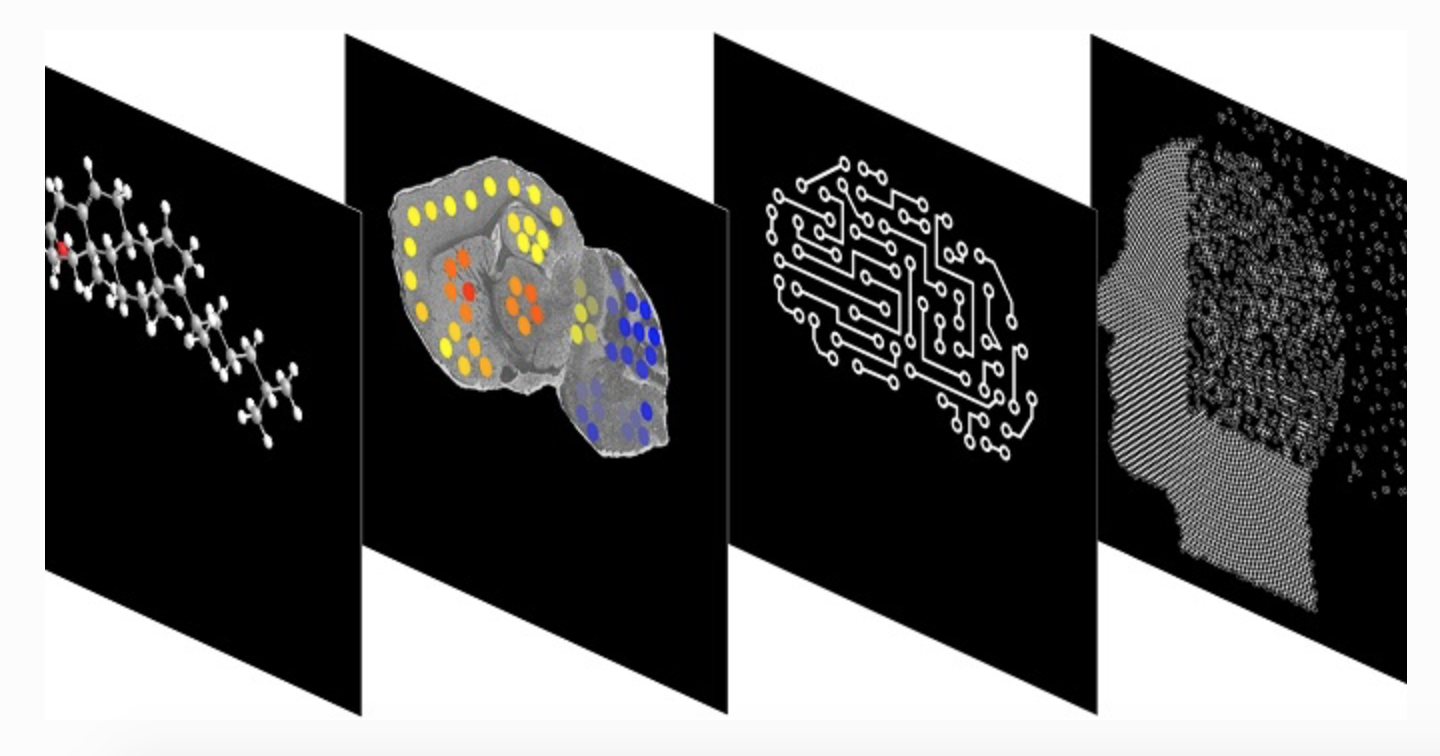
Brain cholesterol map could lead to neurodegeneration therapies, help guide surgery
William Griffiths and Swansea University colleagues have developed a method to map cholesterol in the brain, and understand potential molecule conversion. This is the first technology that can map cholesterol metabolism in defined locations at microscopic levels, and visualize how it changes in pathological niches in the brain. While only studied on mice, the hope…
-
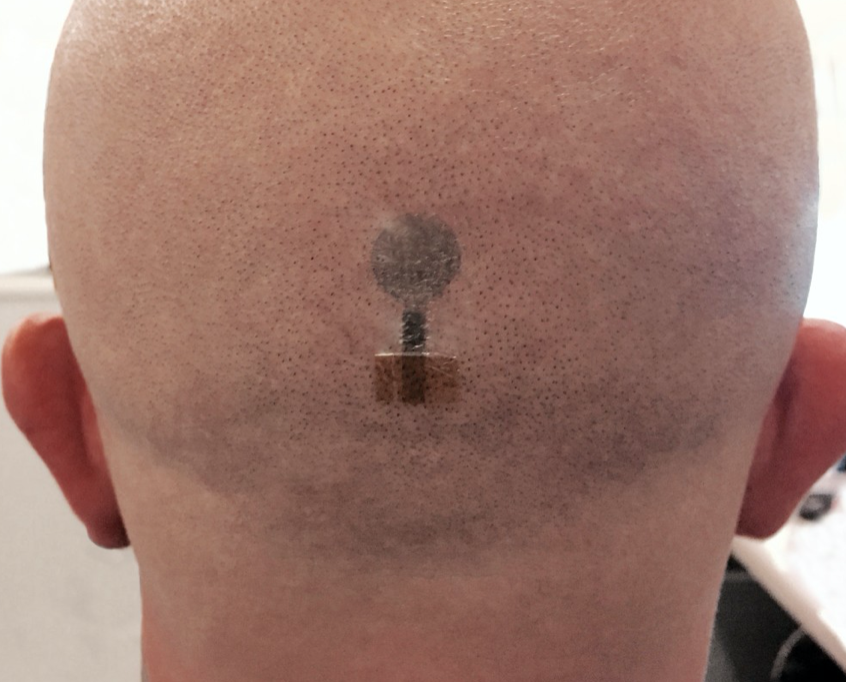
Tattoo electrodes for long-term EEG, MEG measurements
Graz University professor Francesco Greco has built on his earlier work to create advanced inkjet printed conductive polymer electrodes on tattoo paper. The composition and thickness of the transfer paper and conductive polymer have been optimized to achieve a better electrode/skin connection and improve EEG signal quality. The cheap, user-friendly, dry electrodes have shown similar…
-
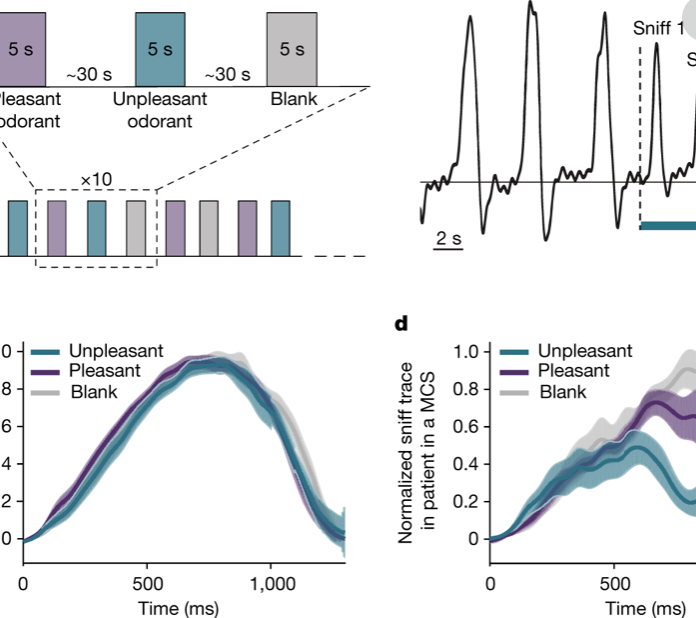
Sniff test predicts consciousness recovery
Cambridge scientist Anat Arzi and Yaron Sacher of Israel’s Beit Lowenstein Rehabilitation Center have developed a simple olfactory consciousness test. In a study, 43 unconscious brain-injured pateients were presented with jars containing various smells under their noses. Scents included pleasant shampoo, unpleasant rotten fish, and no odor. Scientists measured the volume of air inhaled through…
-
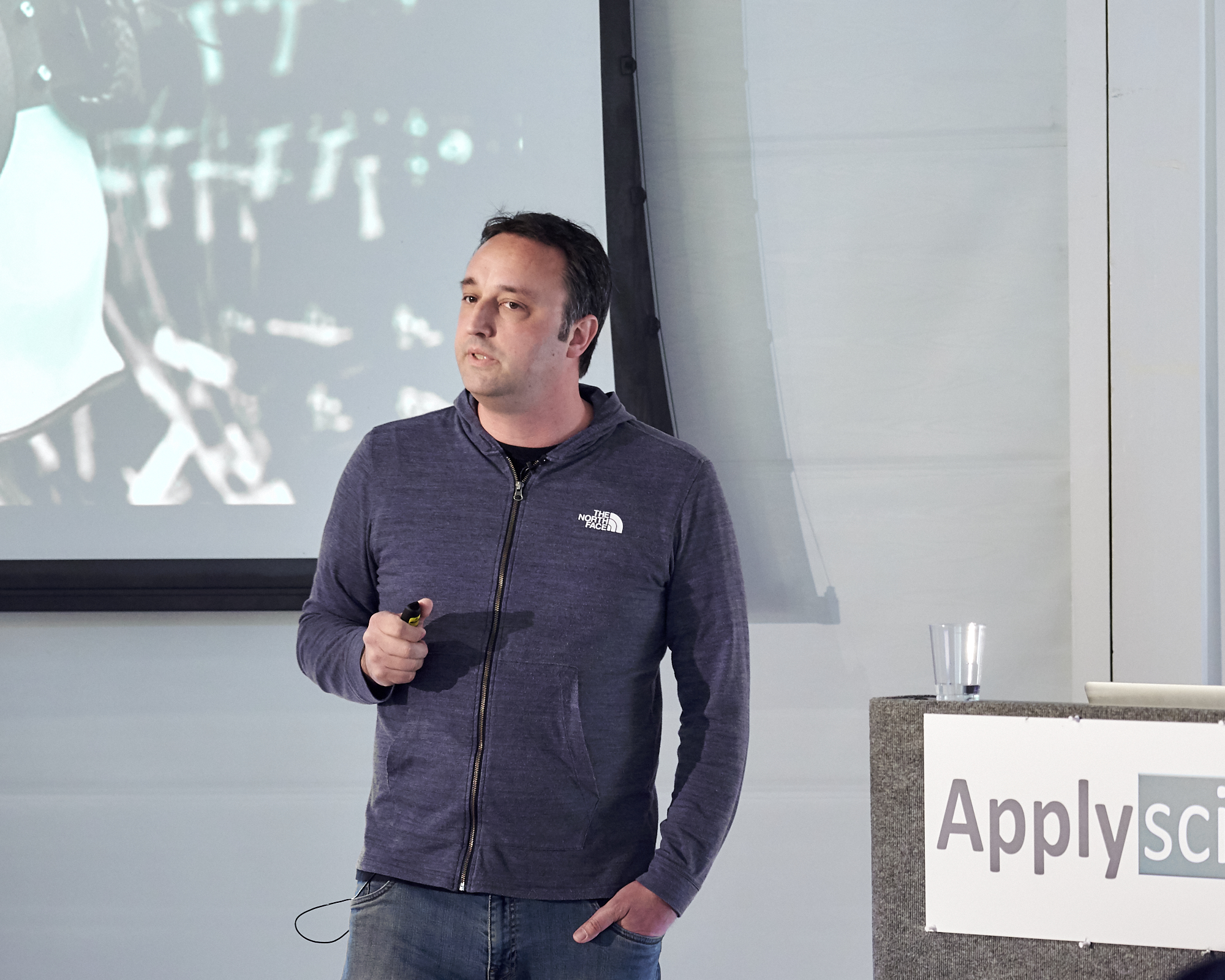
Facebook’s Mark Chevillet on Brain-Computer-Interfaces
Mark Chevillet’s recent talk at the ApplySci Silicon Valley conference, called “Imagining a new Interface: Hands-free Communication With Out Saying a Word” is now live on the ApplySci YouTube Channel. Join ApplySci at Deep Tech Health + Neurotech Boston on September 24, 2020 at MIT
-
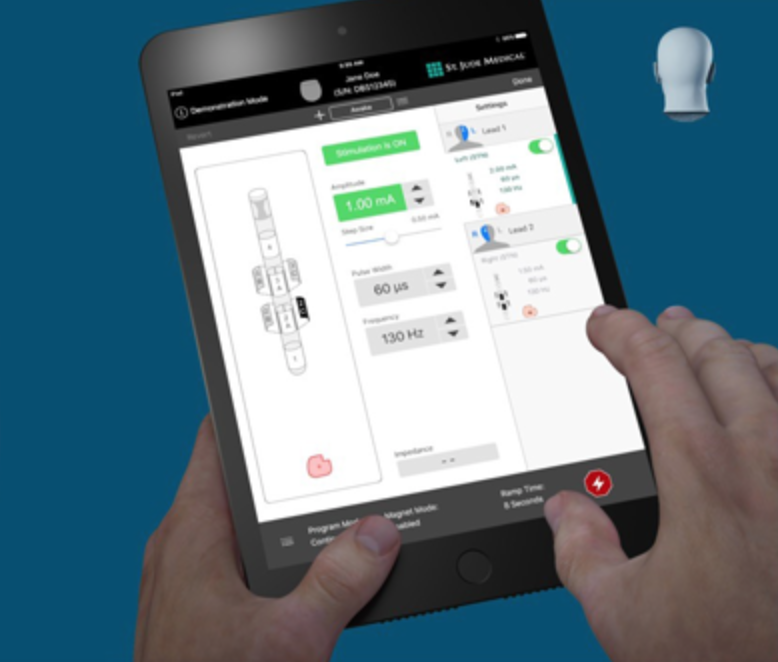
Directional DBS system targets GPi to relieve Parkinson’s symptoms
Abbott received FDA approval for an expanded indication for its Deep Brain Stimulation system, to include targeting of internal globus pallidus. The GPi plays an integral role in motor function. When targeted with DBS, Parkonson’s symptoms not adequately controlled by medication can improve. The directed stimulation system is now approved for all major targets used…
-
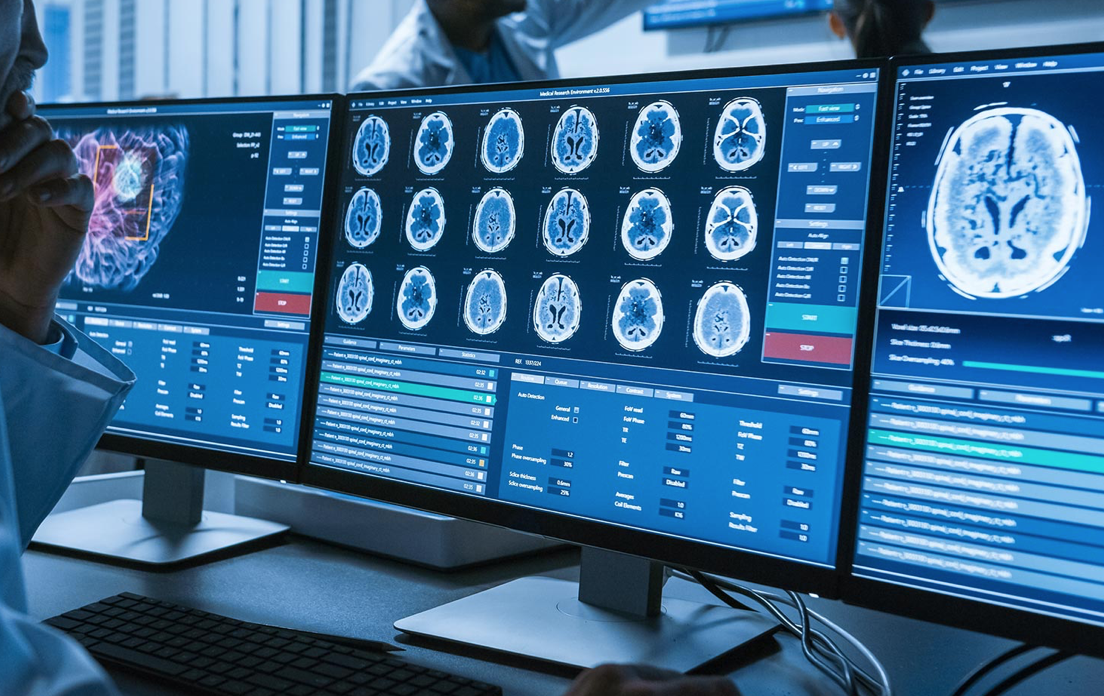
Injected nanoparticles could reduce TBI swelling
In what he believes might be the first “real and practical treatment for people with significant traumatic brain injury,” Northwestern’s John Kessler was able to significantly reduce brain swelling and damage by injecting nanoparticles into the bloodstream within two hours after the injury. The very promising technology has, so far, only been tested on mice.…
-

Study: Focused ultrasound reduced essential tremor symptoms for 3 years
In a recent study, Casey Halpern and colleagues used ultrasound to relieve symptoms of essential tremor, for up to three years. The treatment is used when medication does not work. 76 people with an average age of 71 who had essential tremor for an average of 17 years were studied. 56 received focused ultrasound thalamotomy, and…
-
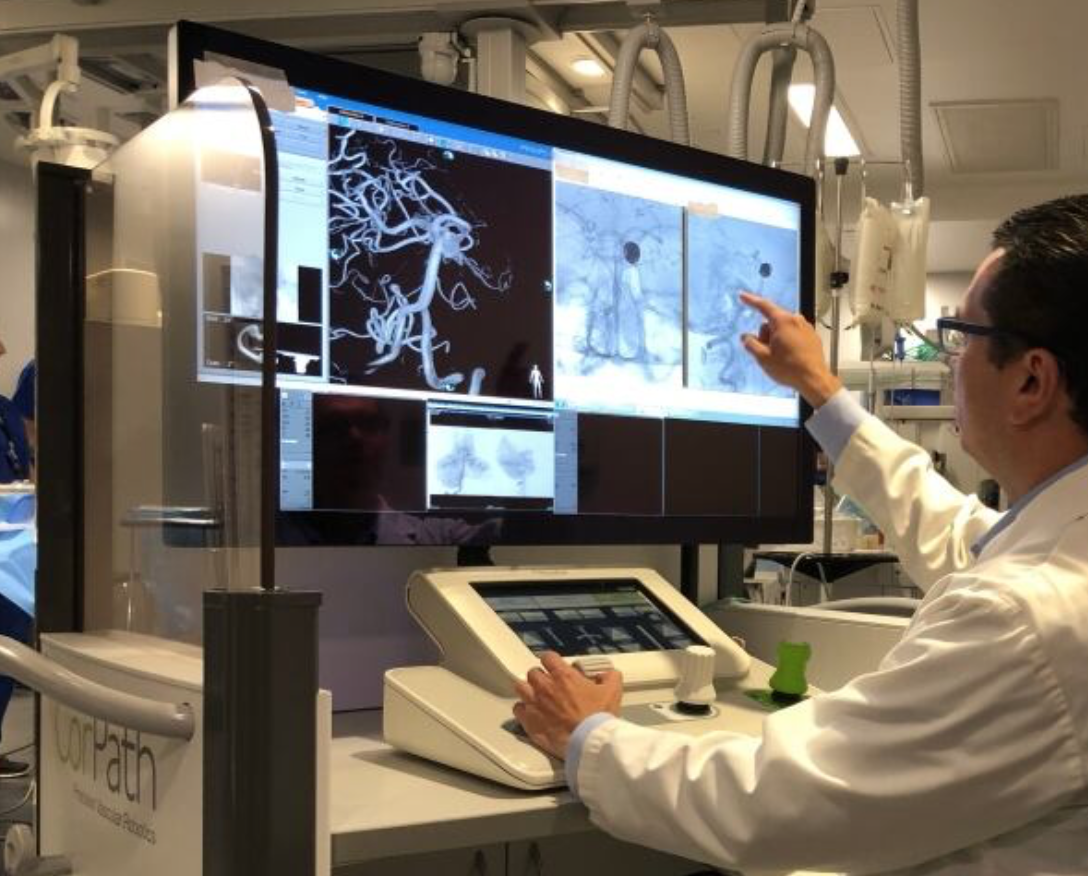
Remote, robotic surgery for aneurysm, stroke
Vitor Mendes Pereira at Toronto Western Hospital and Krembil Brain Institute .used a Siemens Healthineers-developed robot arm to help remove an aneurysm. A catheter was guided to the patient’s brain from an incision made near the groin in the interventional procedure. The CorPath GRX robotics platform is controlled by joysticks and a touchscreen. A bedside technician…
-
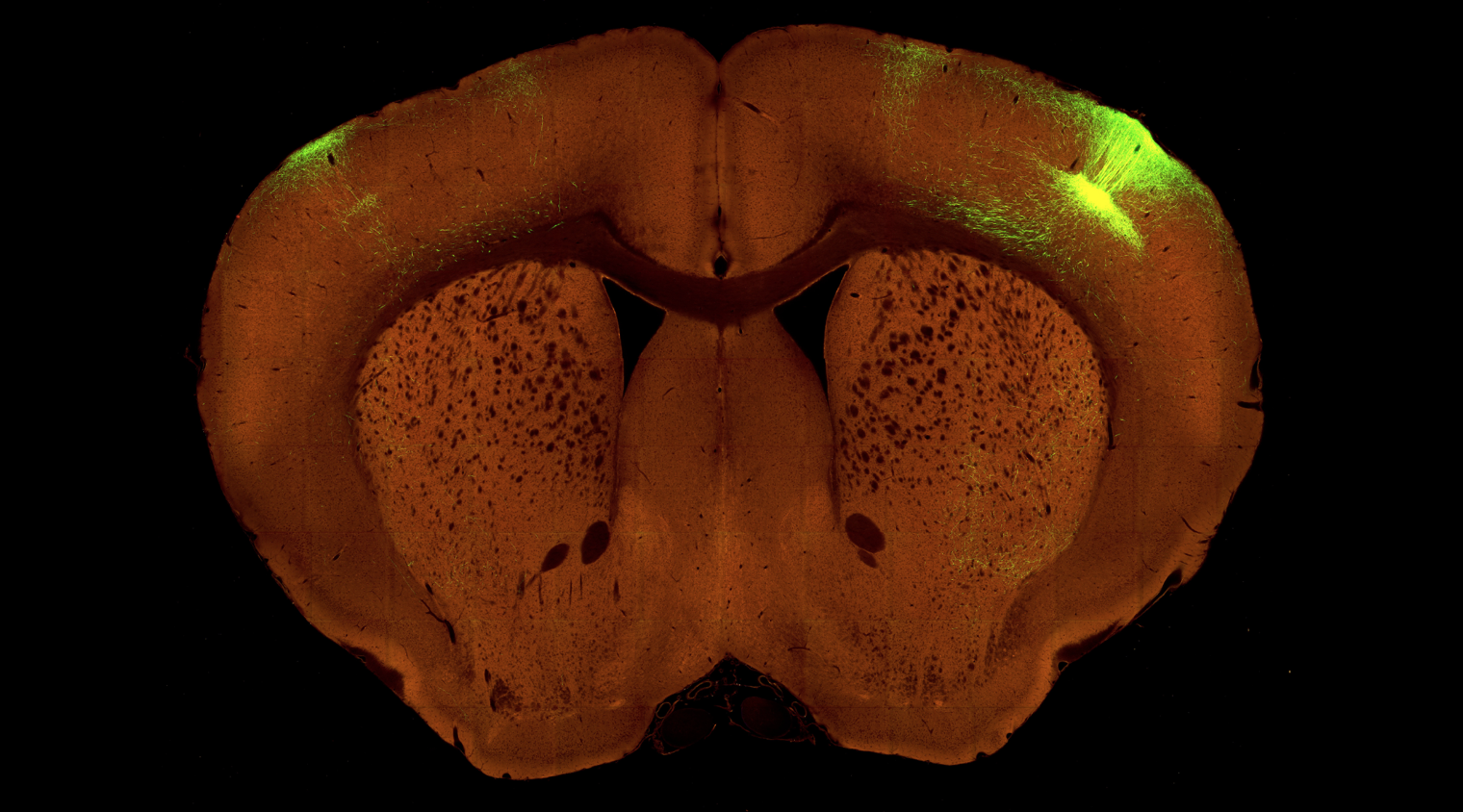
High resolution brain map traces wiring within, between, thalamus and cortex
Allen Institute scientists have created a high-resolution brain map, which traces thousands of connections between brain areas in mice, which they believe can help us understand how brain circuitry changes in diseases and disorders such as Alzheimer’s disease and schizophrenia. This is the most detailed map of connections in a mammalian brain to date, tracing neural…
-
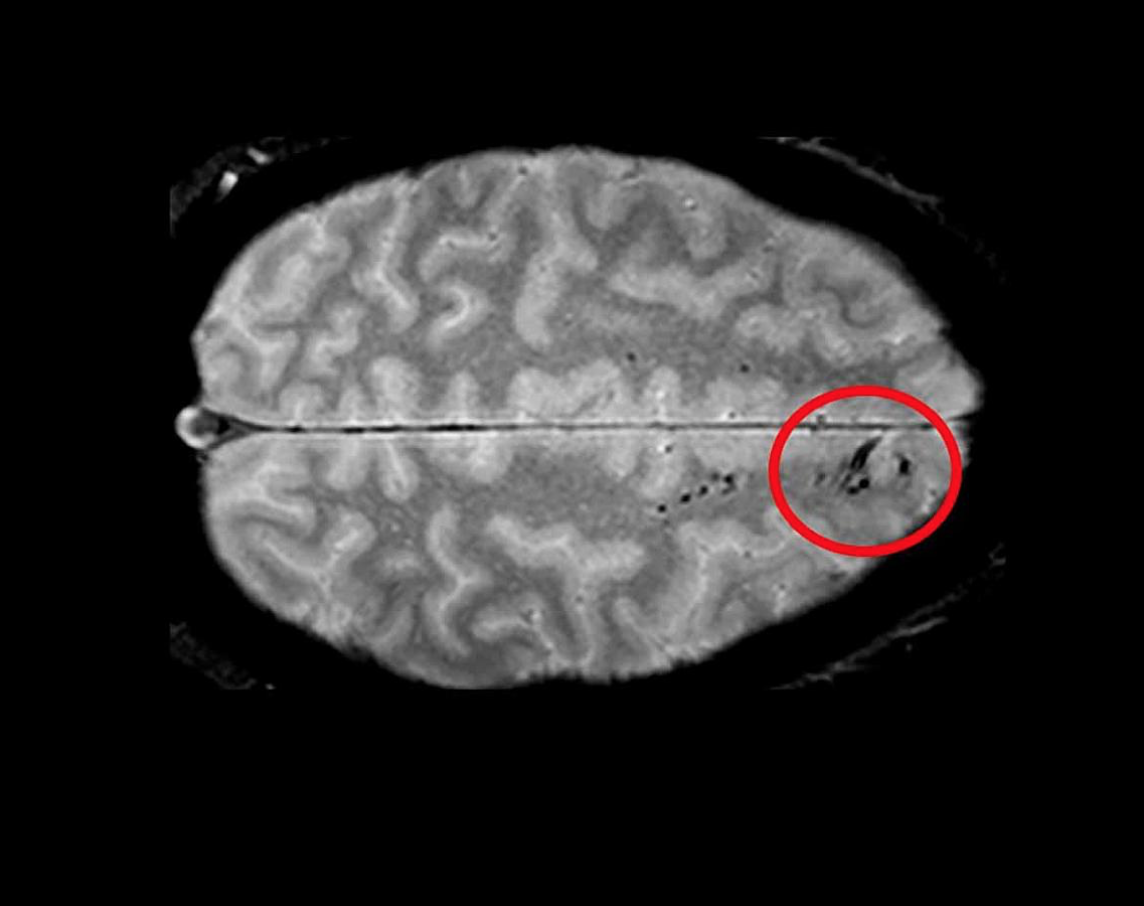
MRI-detected microbleeds may help determine disability after brain injury
NINDS researcher Lawrence Latour has used an advanced imaging method to detect vascular microbleeds after head injury. The lesions, which are too small to be detected by CT, may predict worse outcomes. 439 head injury patients who were treated in the emergency department were studied. MRI scans within 48 hours of injury, and again…
-
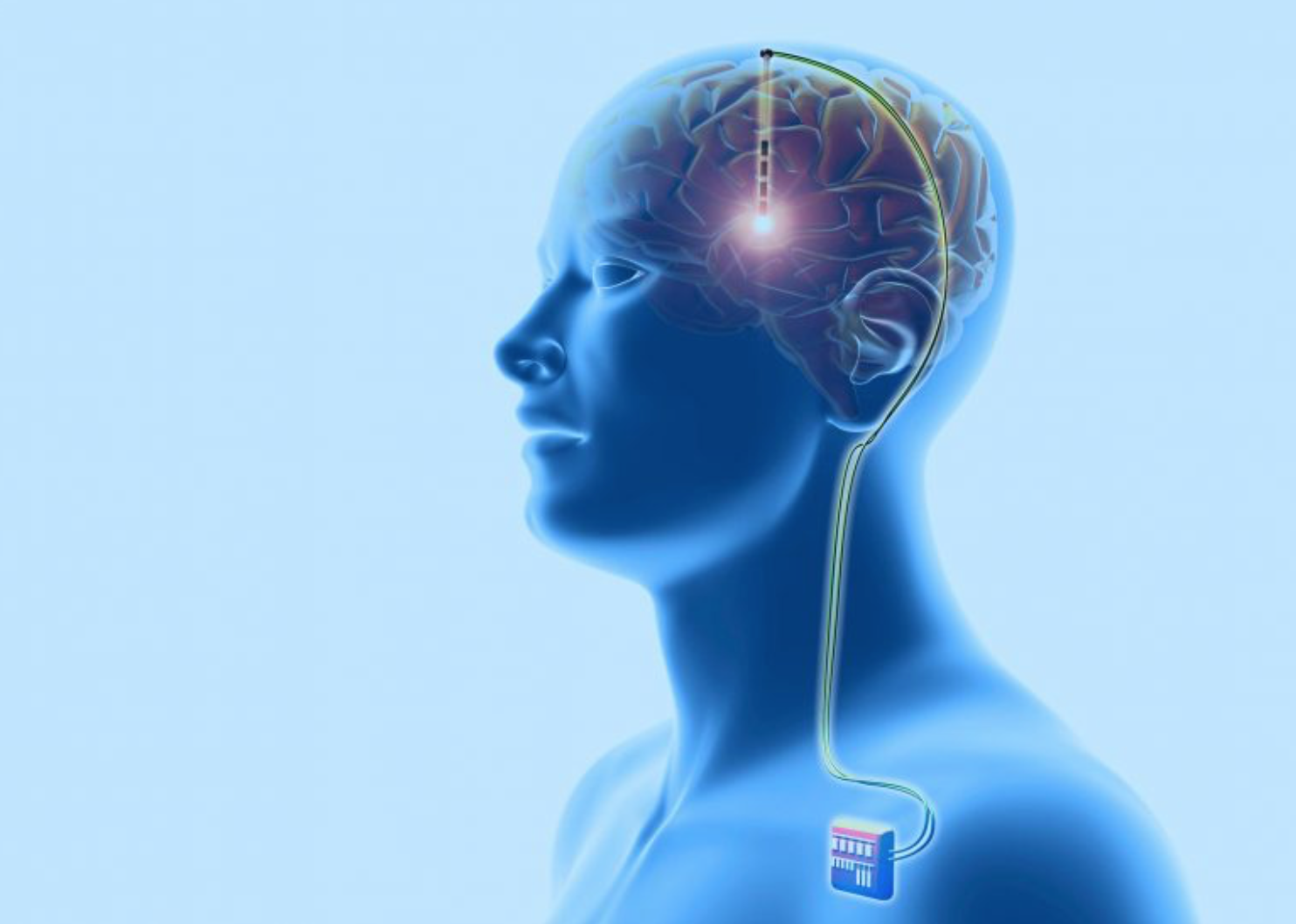
DBS study shows long-term antidepressant effect in treatment-resistant depression
Helen Mayberg at Mount Sinai has published a study showing that deep brain stimulation of the subcallosal cingulate provides a lasting antidepressant effect in treatment-resistant depression. According to Mayberg: “Over eight years of observation, most of our study participants experienced an antidepressant response to the deep brain stimulation of Area 25 that was robust and…